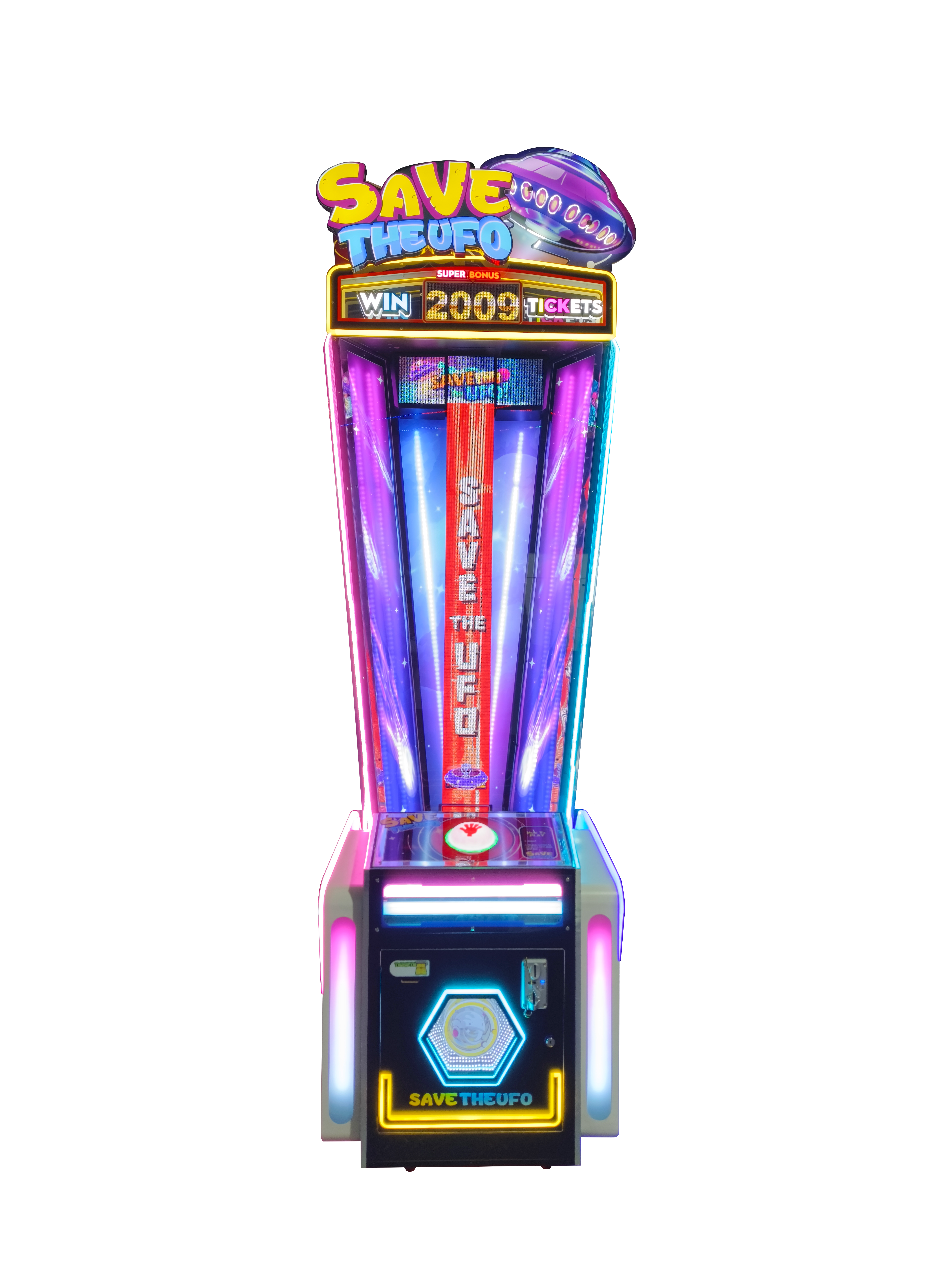A claw machine for sale in California can be possible, given that proper licensing was obtained and also that the other usual regulations were taken above into consideration. You will first apply for a business license ($100 – $500) and also register to obtain a State Sales Tax Permit. This may be installed only at pre-cleared commercial sites like malls and places of public entertainment and fulfill fire safety prerequisites. Income from claw machines must be reported and taxed, with rates varying between 7.25% and 10.25%. In addition, the machine also has to make sure that players have a reasonable chance of winning in order for it to be considered fair. The next ingredient is proper business insurance, which will cost about $500 – 1K per year.
Table of Contents
ToggleBusiness License
A claw machine operates as an illegal business without a license in California. For example, in LA, this fee is between $100 and 500 depending on the level of complexity and size of your application. For multiple sites or larger applications, additional charges may apply. The process typically involves verification and vetting on your end that you meet local safety standards.
The application form aside, to obtain a license, you must provide the business plan and financial statements. The California Department of Tax and Fee Administration requires that you file for a sales tax permit, which allows you to collect and pay sales tax on the items. If you pay for an application fee, it will be paid by the sales tax permit and is usually around $20 to $50, depending on what kind of business/where your businesses are located. Check the most recent mandates and up-to-date schedule of fees to make sure you are staying compliant with your valid license.

Location Requirements
California law requires that the claw machine must be at an appropriate site. In other cities, like San Francisco, the machine can only be placed in pre-approved commercial locations like malls or entertainment venues. These spaces shall be such that free movement around the machine is guaranteed, and compliance with fire and safety regulations shall also be maintained. The area around the machine generally has to be a minimum of 3 – 4 feet wide so that you have full clearance for emergency access in and out.
In LA, outside of getting permission from the owner to have it there in general, this is easy because vending machines aren’t going anywhere and as long as you’re not setting them up where they’ll become safety hazards, then her way or highway. At the same time, others have a cap on the number of claw machines in their town, like they recently only allowed up to 5 per mall under city law. Restricting the use of these chemicals helps to preserve the ambient surroundings and ensure a correct customer experience within malls, in addition to an enormous safety compared to machine operation.
Tax Regulations
Operating a claw machine in California involves complex tax regulations. All income from the machines must be reported and taxed. According to the California Department of Tax and Fee Administration, the sales tax rate typically ranges from 7.25% to 10.25%. The sales tax rate in Los Angeles is 9.5%. You need to submit quarterly sales tax returns to the tax authority and pay the corresponding tax. The deadline for submitting quarterly sales tax returns is generally the 15th of each quarter.
All business income must be reported on your business taxes as well. Unreported income could result in stiff penalties as California requires all business revenue to be reported on a quarterly basis. Estimations suggest that the unreported fine is up to 25% of total income. Hence, it is advisable to carry out regular financial audits so as to keep a good record of your taxes and prevent consistent violations that could result in hefty fines or serious economic losses.

Game Fairness
According to a The Huffington Post article, there are actually rigid states-specific provisions that mandate they be of fair use in California. By law machines are required to be designed and constructed so as to give the player a fair chance of winning. The claw has to grip a certain way so it will properly lift prizes, and those prizes have to be arranged (and re-arranged) in such a manner that they appear winnable. Compliant claw machines, industry statistics show, can hit 40 percent to a satisfaction-enhanced 50 percent between the payout of plush and rewards for skill.
To ensure these machines are kept in a fair mode of operation, most operators will perform regular inspections and adjustments to the game. Adjusting the strength of the claw grip to meet a specific success rate with each play. Data from within the industry shows that making sure machines are fair to players can increase both return rates and. Ensuring your machine settings are checked and maintained often is not only a legal necessity, but equally as important when it comes to winning over customers.
Insurance
When you own a claw machine vending business, one of the most import things to consider is insurance that will protect your company from any potential risks. You should buy commercial property and liability insurance. Machine damage or failure can be mitigated with commercial property insurance, which generally costs about $500 to $1,000 per year for repair expenses. Insurers say commercial property insurance may fund 80% to 90%, at best, out-of-pocket repairs.
Liability insurance will provide coverage for most medical and legal costs from customer injuries. Insurance rates are dependent on coverage and number of machines. Liability insurance is usually between $300 to $600 per year and business offers comprehensive protection. Selecting the right insurance helps to safeguard your investment against legal complications and financial liabilities.








